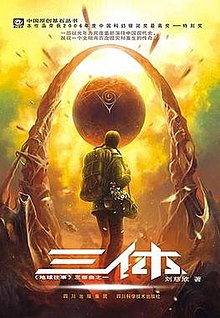On the Camino is Jason's autobiographical graphic novel about walking the Camino de Santiago in Spain. He completed the 500-mile journey from Bayonne to Santiago on foot in 2015. It's actually funny because I've read everything Jason has published in English at least once, but I realized that I didn't know much about Jason, the man. He apparently suffers from some form of shyness/social anxiety, and the book begins with him agonizing over talking to other pilgrims. He just has trouble saying, "hello."
This is a deeply personal work and a departure from other graphic novels, which are fiction. A typical Jason story is two people falling in love and having a tumultuous relationship only to come together at the end following an invasion of giant beetles. Jason does work with source material, but he's mostly at home spinning fantastic yarns about alien queens and bank heists gone awry. He uses his trademark artistic style, line drawings of anthropomorphic animals taking the place of humans. It is not colored, which some people actually prefer, as the colorization is done by a secondary artist.


